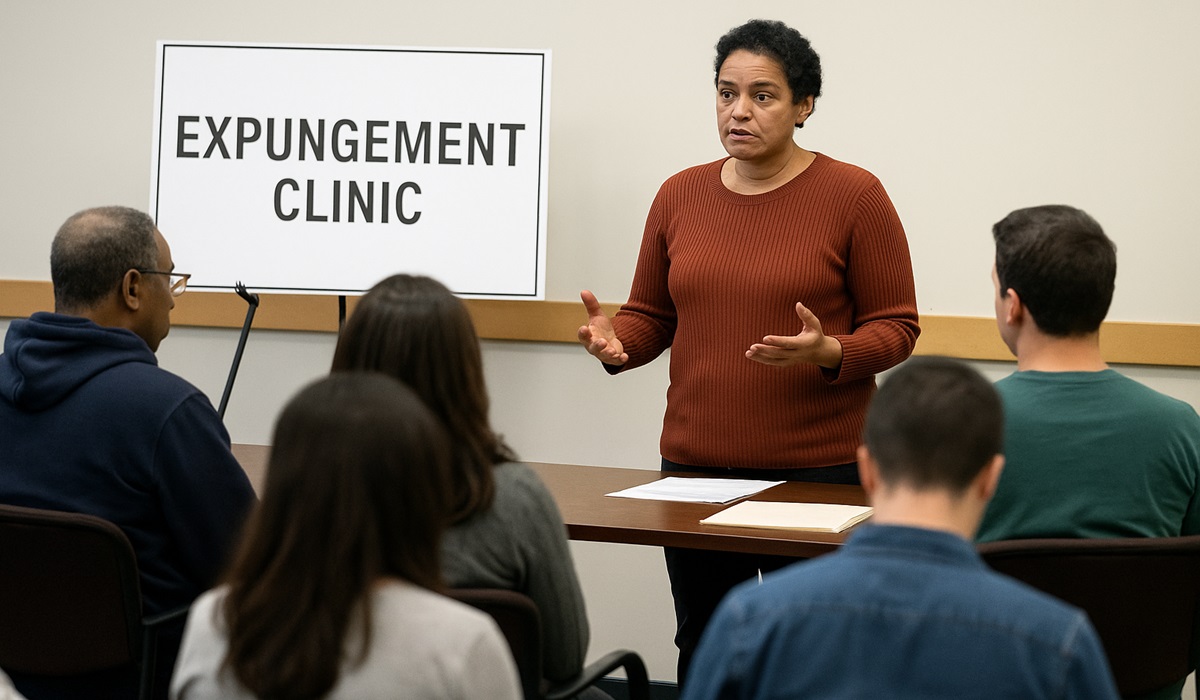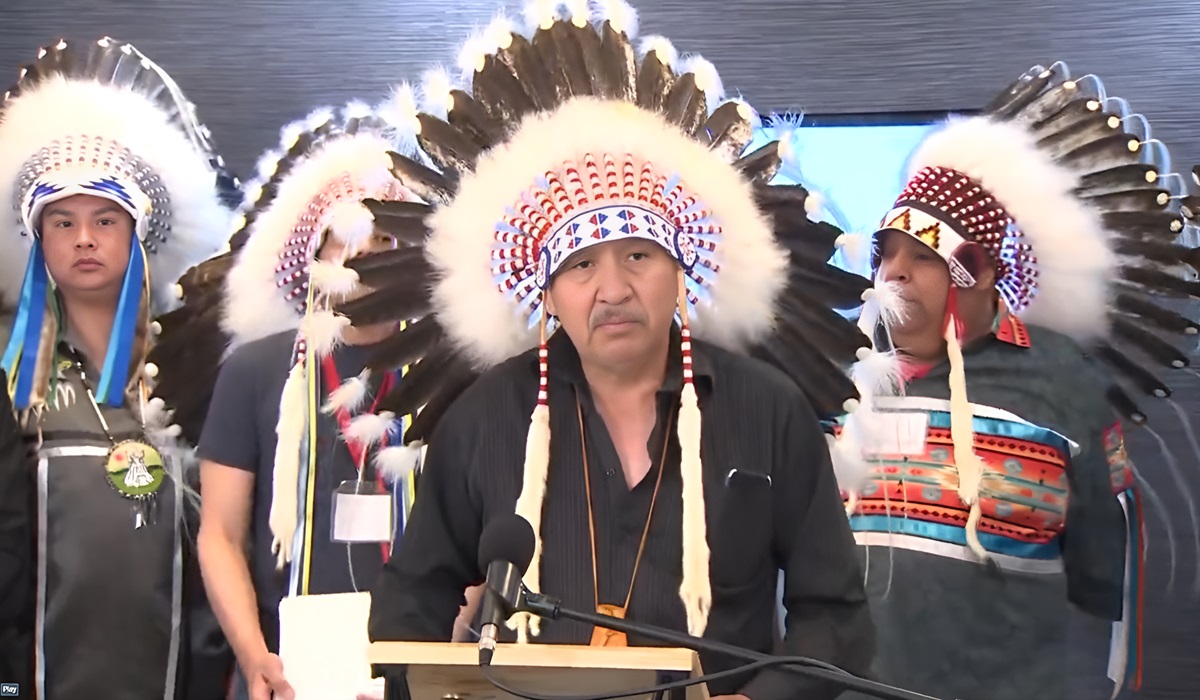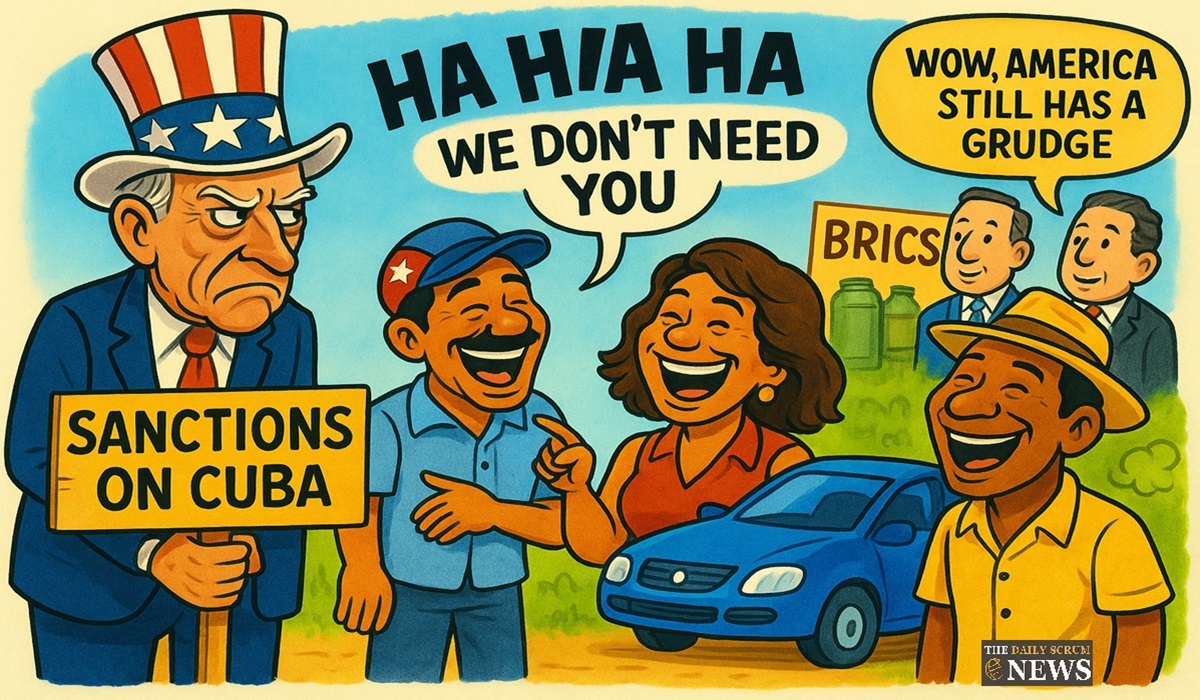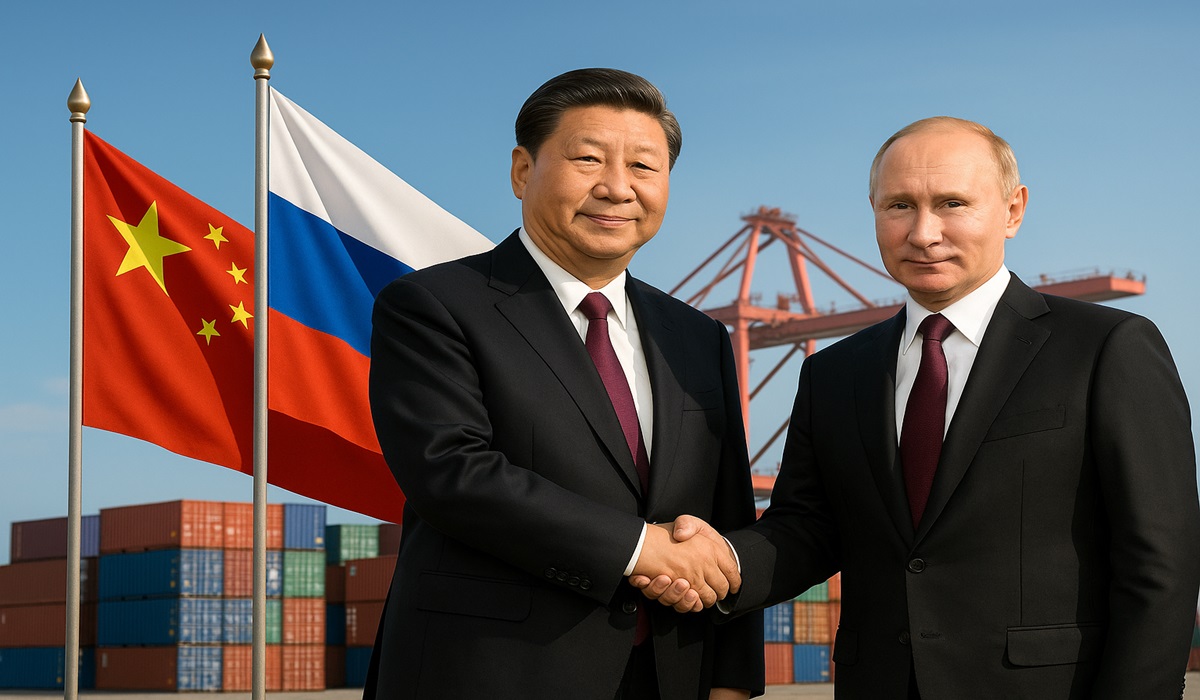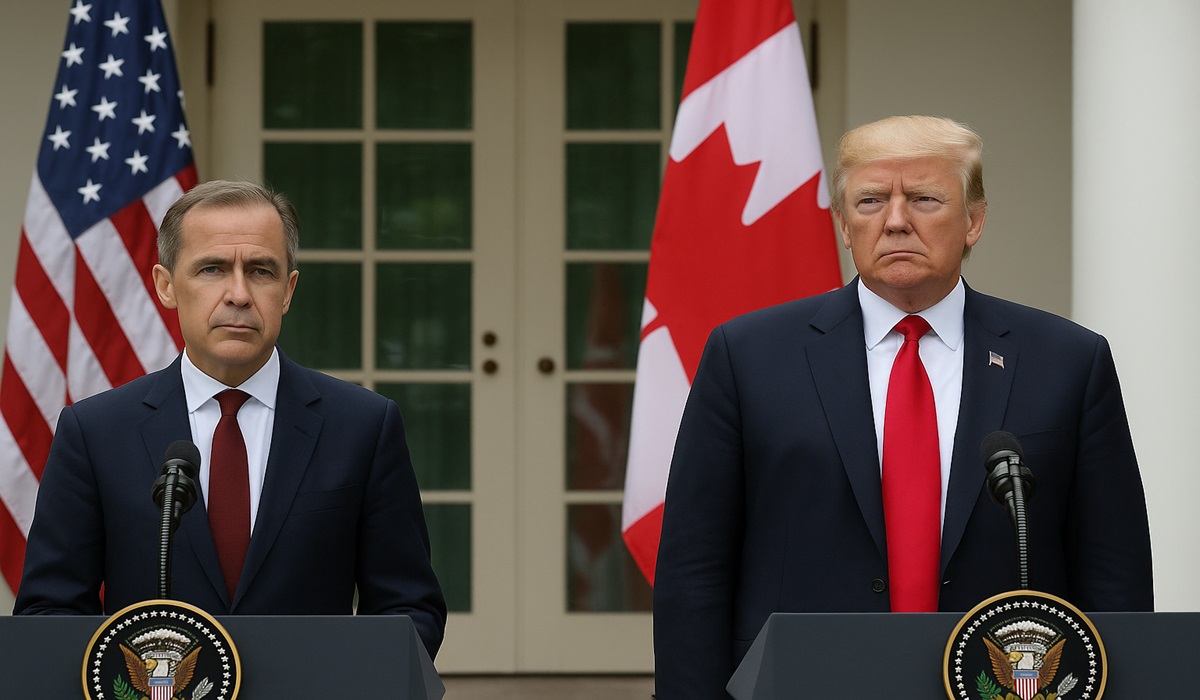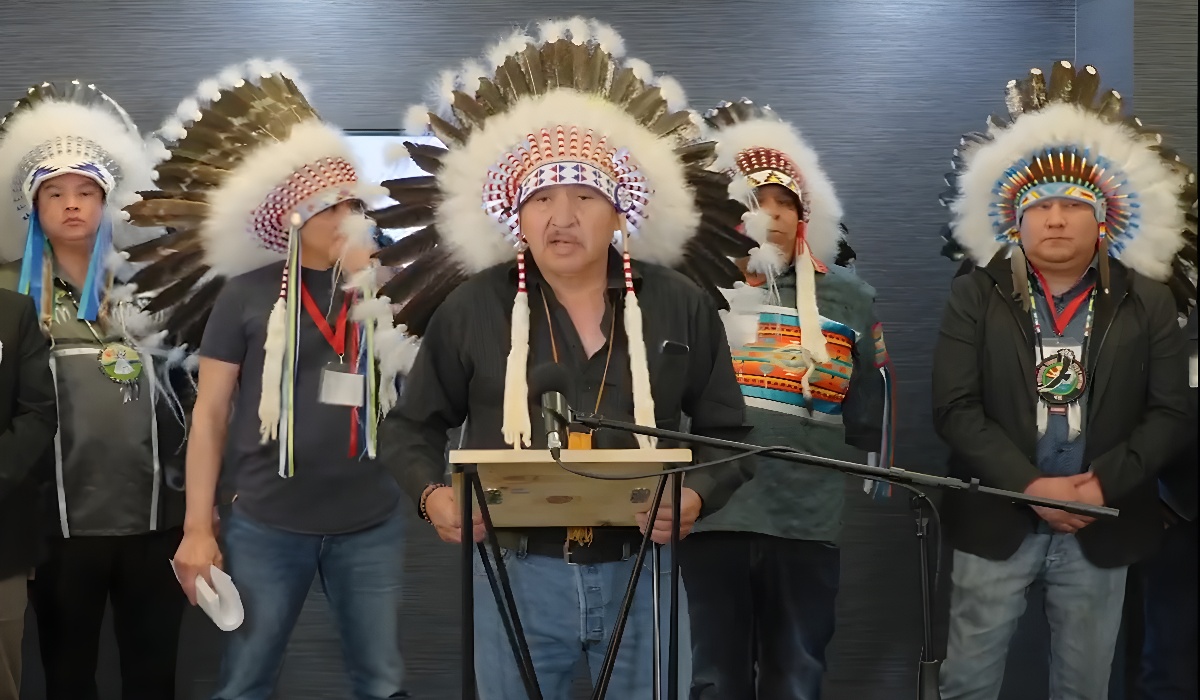Does Political Correctness, Suppress Meaningful Democratic Debates?
- TDS News
- Canada
- D.O.C Supplements - Trending News
- U.S.A
- January 4, 2023
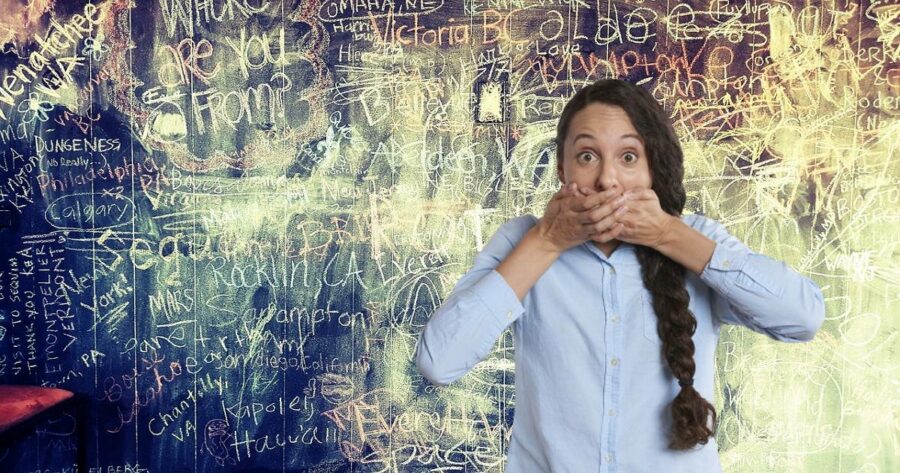
Political correctness, which refers to the avoidance of language or actions that may be perceived as discriminatory or offensive, has long been a controversial topic. Some argue that it is important to respect the rights and feelings of others and to be mindful of the impact of our words and actions, while others argue that political correctness has gone too far and that it has led to a society that is too sensitive and easily offended.
One of the main criticisms of political correctness is that it stifles freedom of expression and can lead to the suppression of honest and open dialogue. Some argue that people are too afraid to express their opinions or to challenge the status quo out of fear of being labeled as “politically incorrect” or offensive. This can lead to a lack of diversity of thought and can prevent the free exchange of ideas that is essential for a healthy democracy.
Another criticism of political correctness is that it can be used to silence or marginalize certain groups or viewpoints. Some argue that political correctness is often used as a tool to silence dissenting voices or to suppress ideas that are not mainstream or popular. This can lead to a lack of diversity of opinion and can prevent the free exchange of ideas that is essential for a healthy society.
It is important to recognize that while political correctness can have its benefits, it can also have negative consequences. It is essential to strike a balance between respect for the rights and feelings of others and the freedom to express ourselves honestly and openly. By doing so, it is possible to create a society that is inclusive and respectful of diversity, while also promoting the free exchange of ideas and the open and honest dialogue that is essential for a healthy democracy.


